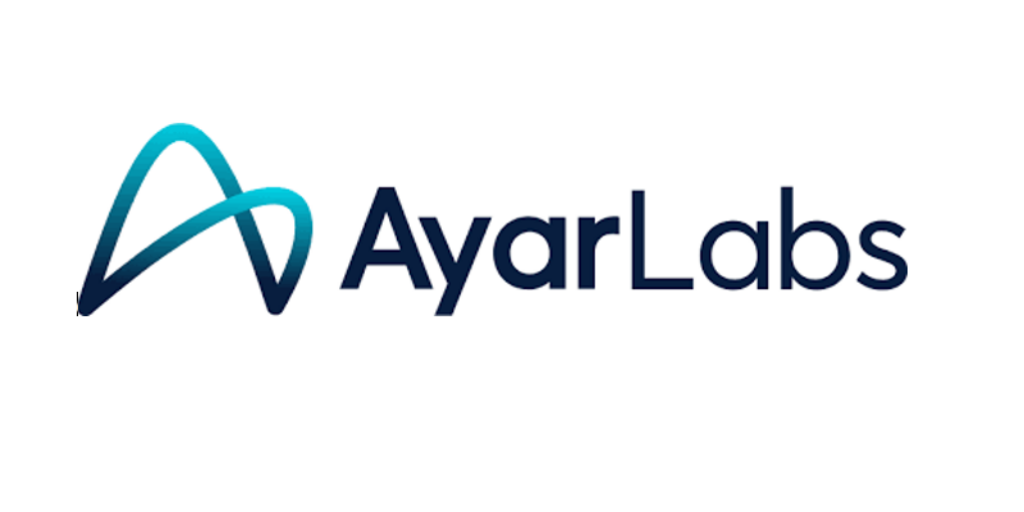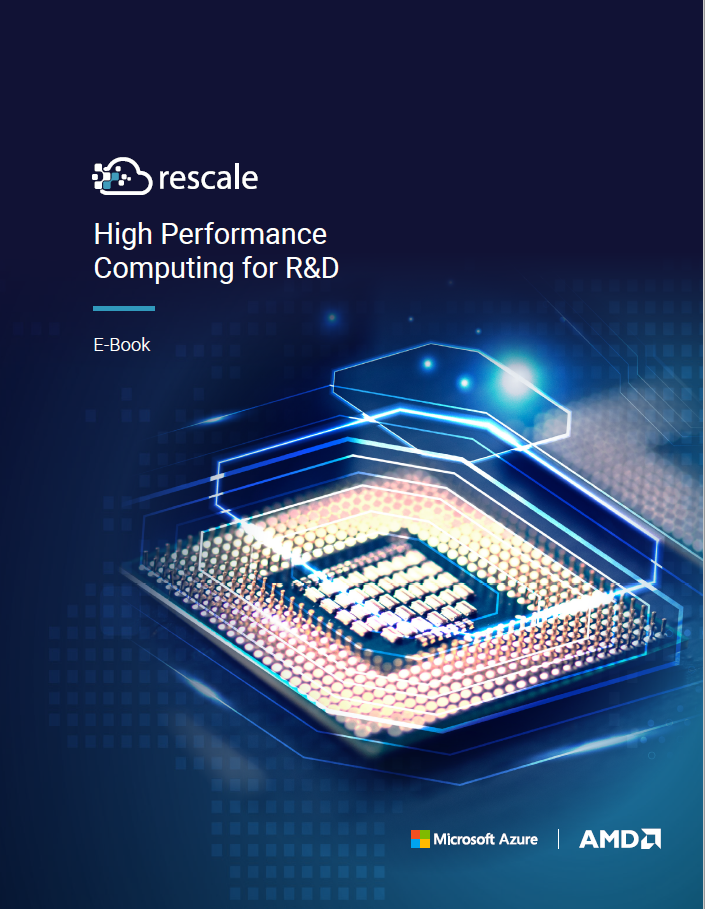 At insideHPC, we have some exciting announcements in the works for this week as we gear up for our coverage of the OSCON open source conference. In the meantime, here is the HPC News with Snark for Monday, July 25, 2011.
At insideHPC, we have some exciting announcements in the works for this week as we gear up for our coverage of the OSCON open source conference. In the meantime, here is the HPC News with Snark for Monday, July 25, 2011.
- Latency Detective. With a big world map straight out of that Strange Brew movie, the CloudSleuth site maps the response time of world IaaS providers. Windows Azure apparently leads the U.S. and CloudSigma delivers the lowest latency in Europe.
- Multiphysics on HPC Server. A new whitepaper by Konrad Juethner provides a Practical Guide to High-Performance Computing with COMSOL Multiphysics and Microsoft HPC Server. Download the PDF.
- Hot Tub Rhine Machine. A new MEGWARE supercomputer at LRZ in Bavaria is being described as the world’s first AMD cluster system with direct hot water cooling. The system uses direct water cooling of the processors and chip set.
- Collabniks. The new APOS-EU site is helping foster collaborative research between EU and Russian scientists. Funded in part by the EU, the project will target a representative suite of simulation codes from strategically important application areas such as seismic modelling, CFD, fusion energy, and molecular dynamics.
- Computing the Cure. The Cornell University Center for Advanced Computing has announced a collaboration between with NVIDIA, Dell and MathWorks to examine how to address the needs of researchers that have large blocks of data that they need to process in parallel. One such project is using NVIDIA Tesla GPUs and MATLAB to accelerate and improve the diagnosis of cancer cells using vector quantization.
- 30 Petaflops coming to Oak Ridge? Frank Munger is reporting that the replacement machine for Jaguar could be significantly bigger than when ORNL first opened the kimono.
- What comes after TeraGrid? The National Science Foundation has awarded $121 million over 5 years to the new project that will provide advanced data, computing, and collaboration resources and tools for scientists and engineers, succeeding the TeraGrid. It’s called the Extreme Science and Engineering Discovery Environment, or XSEDE, and it brings together more than a dozen institutions across the country.
- QuickPath Evolved. David Kanter writes that the SandyBridge-EP & Romley chipsets will be the first with QPI 1.1.



